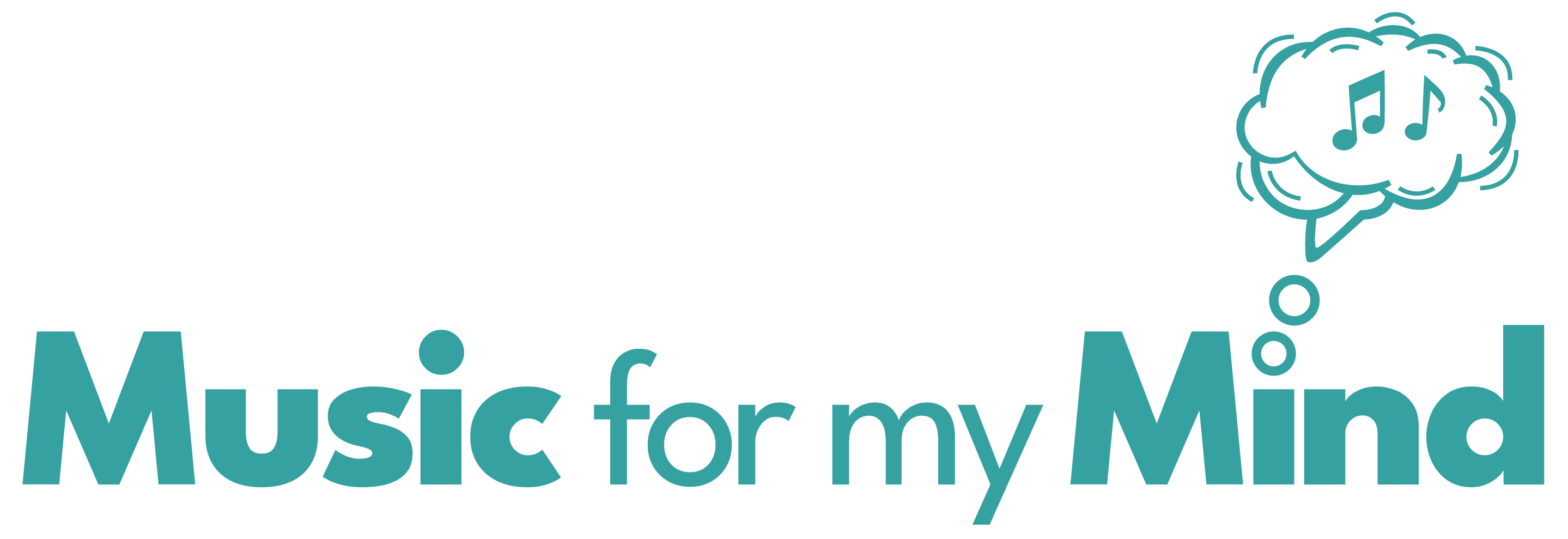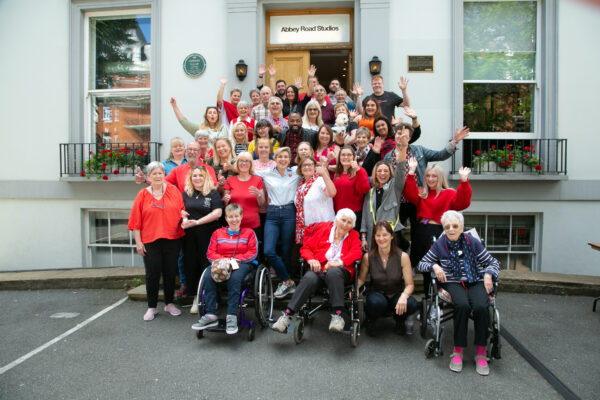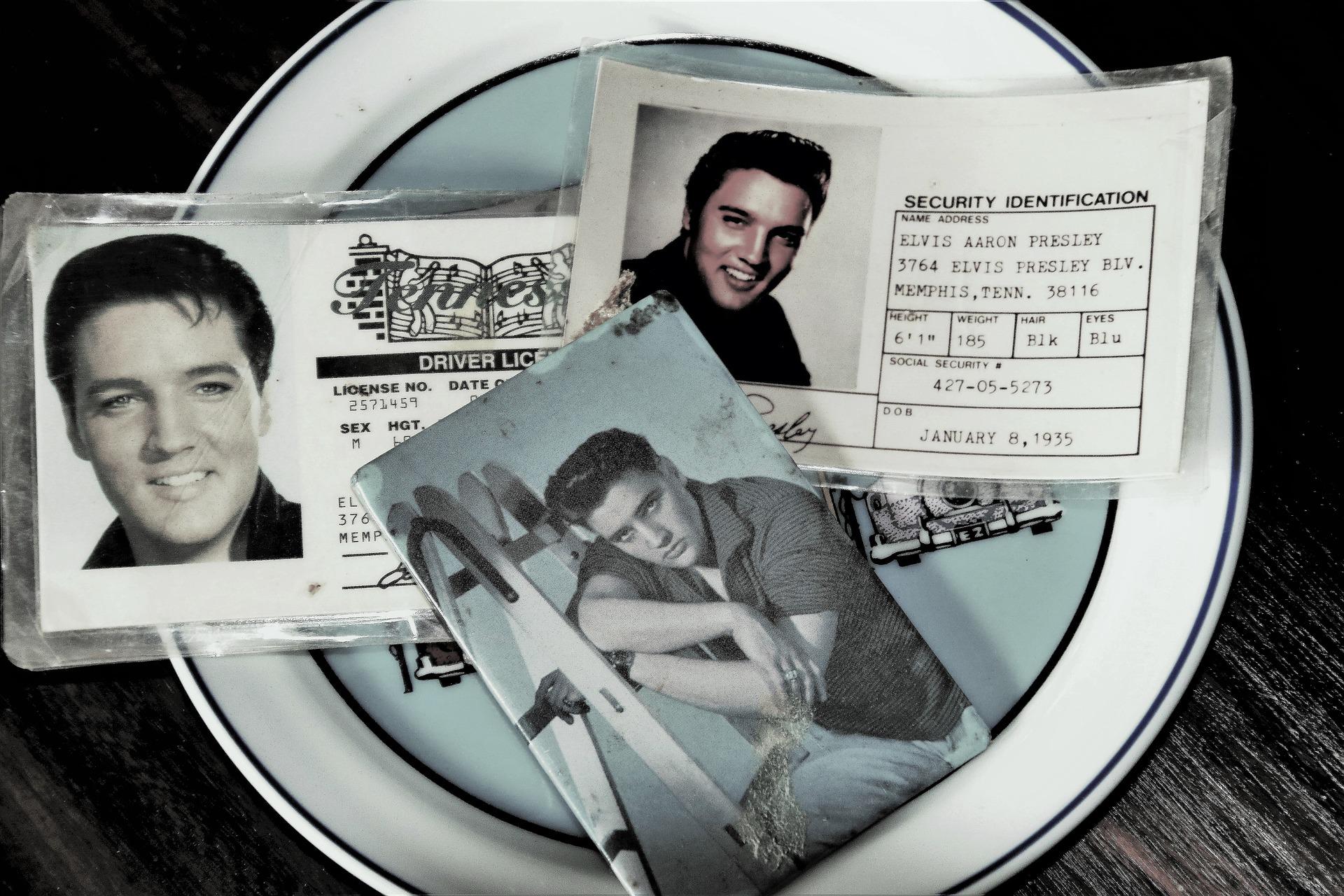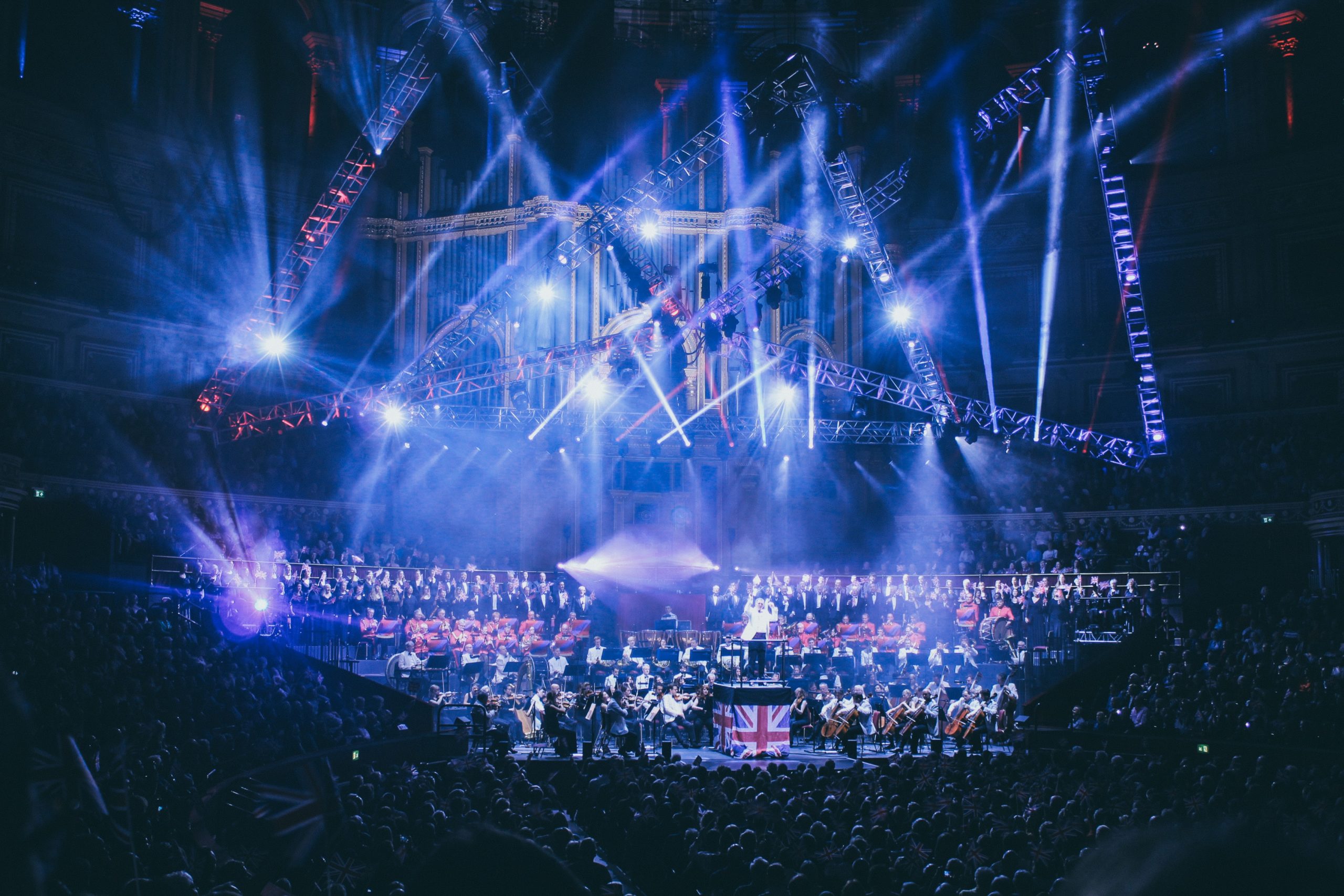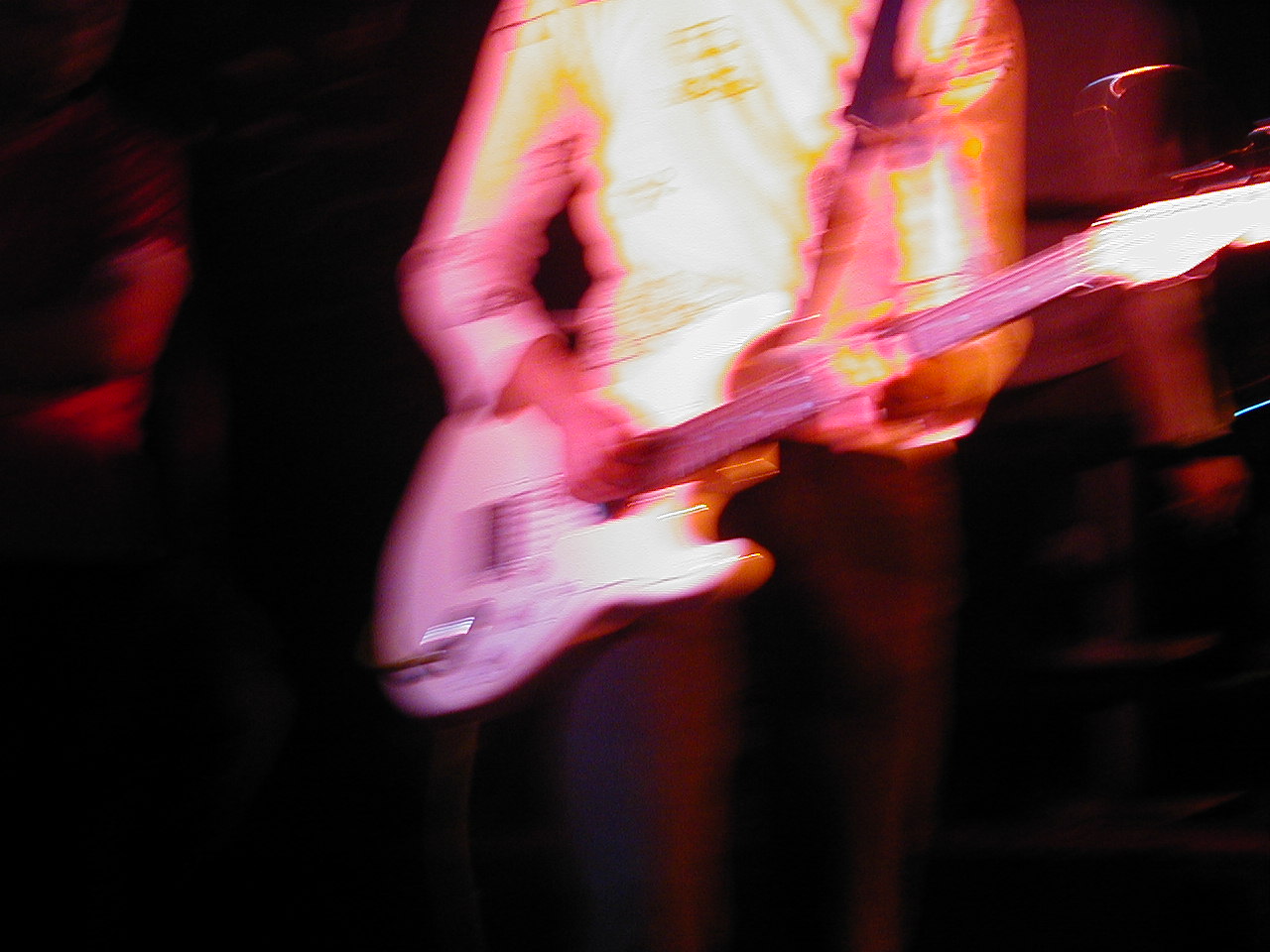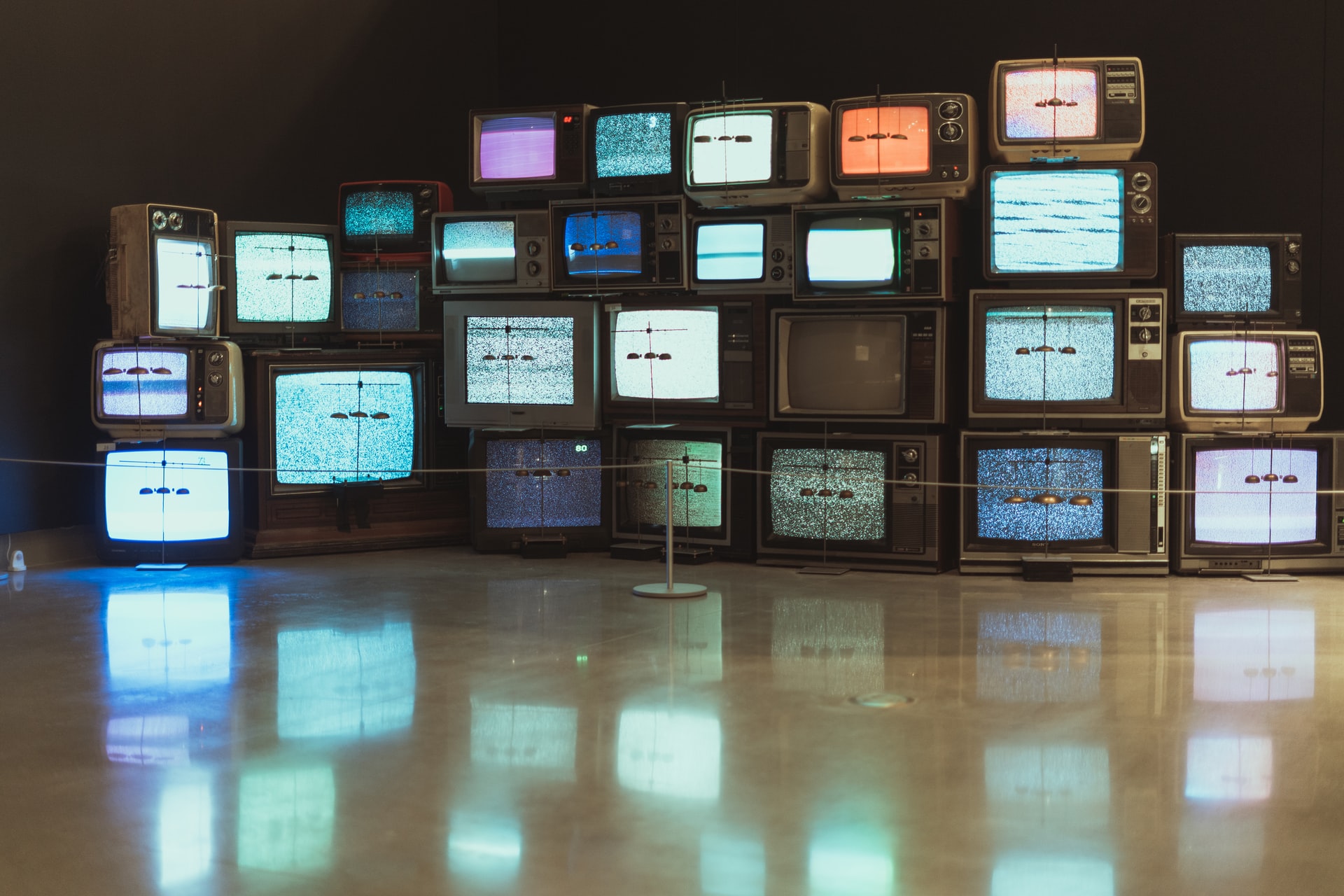There is a saying in the film industry that “in a film, the dialogue and action tell us what the characters are thinking and doing, but the music can tell us what they are feeling”.
Continue readingMFMM’s Autumn 2023 Playlist
The leaves are just the right shade of brown, the sky just the right shade of blue. And we have the perfect playlist for your autumn!
Continue readingOur Dementia Choir
Last Monday night our screens were blessed with the opening episode of the latest series of Vicky McClure’s ‘Our Dementia Choir’, and we thought we would write a piece to both celebrate and recommend it to those who missed it!
Continue readingElvis Presley Quiz
Among the best new films out this summer is Baz Luhrmann’s biopic of a MFMM favourite, Elvis. In celebration, we thought we would throw together a little quiz to see how well you know the King of Rock and Roll!
Continue readingBBC Proms
We dive into the history of the BBC Proms. Let us know if you are off to the Proms this summer, or have any favourite memories of one of the concerts, as we would love to hear all about them!
Continue readingReal Life Stories: Johnny Rotten and his wife Nora
“I love her and she loves me. We’ve always been magnificent to – and with – each other” – Johnny Rotten about his wife Nora.
Continue readingLet’s talk about Music Videos
How influential is a music video in your memories of a song? And is there a music video that stands out in your mind?
Continue readingHow does a song come into our life?
At Music for my Mind we spend a lot of time thinking about music, and specifically about the moments in a person’s life that they hear music. Now we look at how we come across music, where we find it, or more often, how it finds us.
Continue readingWedding songs
What makes a song memorable: how does it pull the heartstrings, stir emotion, and generally connect to its listeners. On Valentine’s Day, we focus on love songs and more specifically, the song a couple choses as their first dance at their wedding.
Continue reading‘Playlist for Dreamers’
As we dream an exciting future, our team curated a playlist to go along with that. Enjoy our ‘Playlist for Dreamers’.
Continue reading
